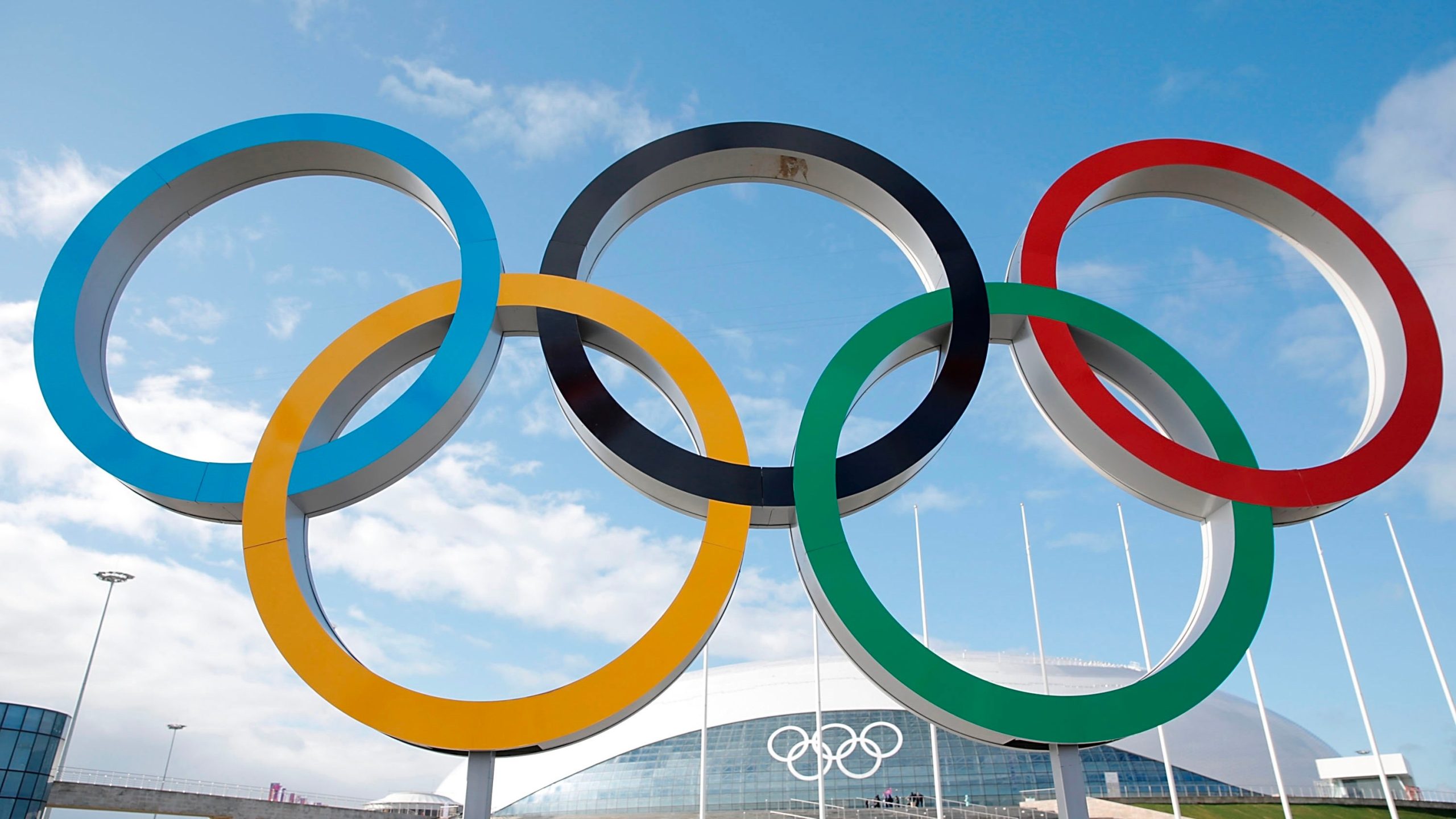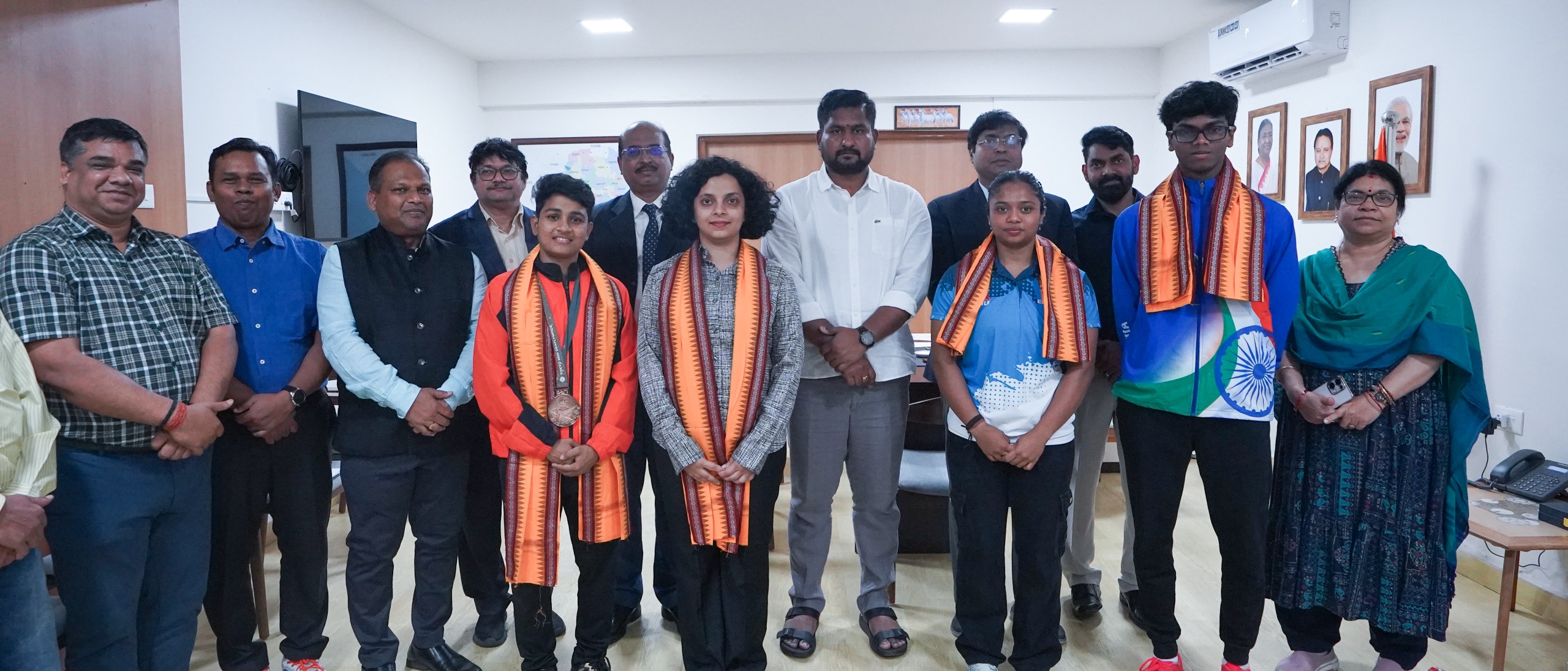Lausanne: The International Olympic Committee (IOC) unveiled the Olympic AI Agenda, a groundbreaking initiative aimed at exploring the potential impact of Artificial Intelligence (AI) on sports. The launch event took place at the Lee Valley VeloPark, situated within the Queen Elizabeth Olympic Park in London, the iconic venue of the 2012 Olympic and Paralympic Games.
The Olympic AI Agenda, introduced during an interactive event, represents the culmination of IOC President Thomas Bach’s visionary leadership. It follows the earlier strategies of Olympic Agenda 2020 and Olympic Agenda 2020+5, underscoring the IOC’s commitment to innovation and evolution within the realm of sports.
The initiative outlines the IOC’s vision for the integration of AI into the sporting landscape, emphasizing its potential to enhance various facets of sports and the Olympic Movement. With a focus on fostering responsible AI implementation, the agenda sets forth guiding principles, high-impact areas for AI application, and a framework for governance to ensure ethical and equitable utilization of AI.
President Bach articulated the significance of the Olympic AI Agenda, emphasizing the pivotal role of athletes as the focal point of the Olympic Movement. He underscored AI’s capacity to augment athlete performance, talent identification, training methodologies, and even officiating processes, while reaffirming the irreplaceable essence of human athleticism in sports.
The IOC’s holistic approach to AI in sports encompasses a wide array of applications, including talent scouting, personalized training regimes, enhanced broadcasting experiences, and streamlined event organization. By embracing AI with responsible leadership, the IOC aims to uphold Olympic values while leveraging technological advancements to propel the future of sports.
During the event, a panel of experts from diverse backgrounds engaged in insightful discussions on the practical implementation of AI tools in sports. Athletes and industry leaders explored the transformative potential of AI, shedding light on its implications for sports performance, broadcasting, and spectator engagement.
The development of the Olympic AI Agenda has received support from Worldwide Olympic Partners and Media Rights Holders, underscoring the collaborative effort to drive innovation and excellence in sports.





